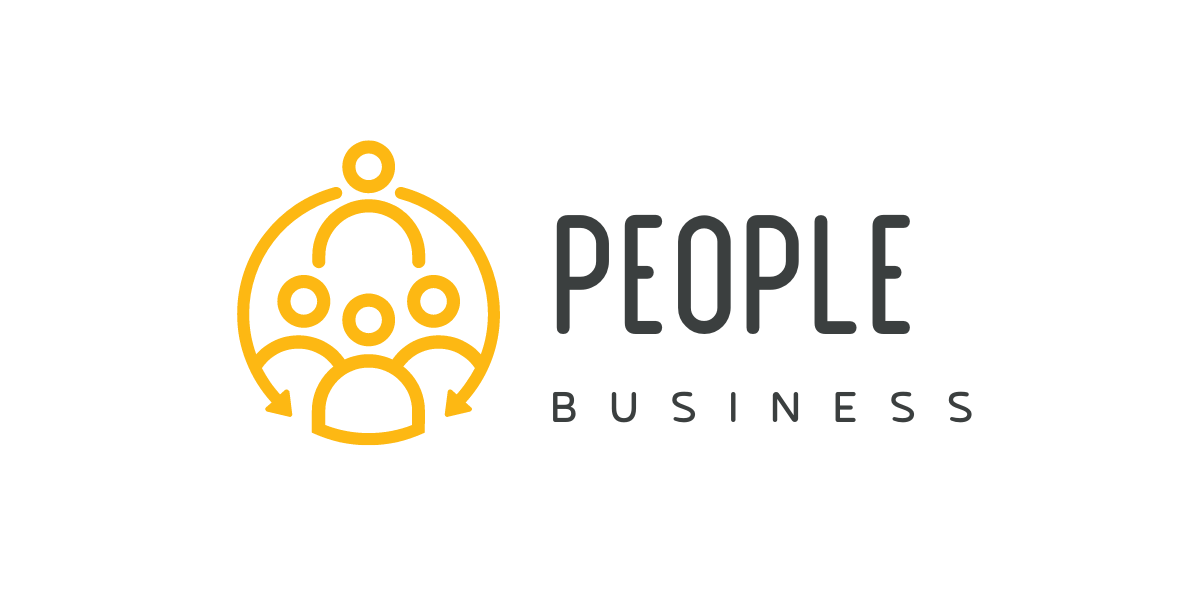
People Business is a new column focusing on HR, IR and WHS issues. This piece was written and provided by Peter Maguire, owner and practice leader of Ridgeline HR.
The Fair Work Act has been amended to provide 10 days of paid family and domestic violence leave to all Fair Work system employees whether full-time, part-time or casual.
This is now a National Employment Standard so it is not negotiable and cannot be removed through a contract of employment or enterprise agreement or any other arrangement.
Based on the total number of employees (including full-time, part-time and casuals) that your business has on 1 February 2023, this entitlement takes effect from:
- 1 February 2023 if your business has 15 or more employees; or
- 1 August 2023 if your business has less than 15 employees.
The leave counts as service for all purposes.
This new paid leave entitlement replaces the 5 days of unpaid family and domestic violence leave which has applied for some time under National Employment Standards and modern awards.
How it accrues
On the dates noted above, employees receive their initial accrual of 10 days up front. It does not accrue pro rata with service like most other forms of leave.
After the initial accrual, the entitlement resets every year on the anniversary of the date that an employee started employment in the business. So the leave does not accumulate from year to year.
For example, an employee who commenced employment on 1 June in a business with 15 or more employees would receive
- An initial accrual of 10 days on 1 February 2023
- Resetting to 10 days on 1 June 2023 and
- Resetting to 10 days on 1 June each year thereafter.
An employee who commences work with a new employer after the employer becomes liable for the leave (i.e after 1 February 2023 or 1 August 2023 as applicable) is entitled to the full allocation on commencement of employment and every year on their anniversary date.
What is family and domestic violence?
Family and domestic violence is violent, threatening or other abusive behaviour by an employee’s close relative, a current or former intimate partner, or a member of their household that both
- Seeks to coerce or control the employee and
- Causes then fear or harm.
Who is a close relative?
A close relative is
- An employee’s spouse or former spouse, de facto partner or former de facto partner, child or grandchild, parent or grandparent or sibling; or
- A child or grandchild, parent or grandparent or sibling of an employee’s current or former spouse or de facto partner; or
- A person related to the employee according to Aboriginal or Torres Strait Islander kinship rules.
When can paid family and domestic violence leave be used?
Employees can take paid family and domestic violence leave if they need to do something to deal with the impact of family and domestic violence.
For example, this could include
- making arrangements for their safety, or safety of a close relative (including relocation)
- attending court hearings
- accessing police services.
The leave doesn’t need to be taken all at once. It can be taken as single or multiple days.
An employer and employee can also agree for an employee to take less than one day at a time.
What notice and evidence is required?
The need to take family and domestic violence leave is obviously something that can arise suddenly.
Employees should advise their employer as soon as practicable of their need to take the leave and the likely duration of the leave.
An employer can ask for evidence which could include
- a statutory declaration
- documents issued by the police
- documents issued by a court or
- family violence support service documents
Confidentiality requirements
Employers have to take reasonably practical steps to keep information about an employee’s family and domestic violence circumstances confidential.
Additionally, employers are specifically prohibited from including information on payslips that shows
- That an amount paid to an employee is a payment for family and domestic violence leave; or
- That a period of leave taken by an employee has been taken as family and domestic violence leave; or
- An employee’s paid family and domestic violence leave balance.
The Fair Work Ombudsman recommends it is simply noted as “Other leave” on payslips.
Requests for flexible working arrangements
Under National Employment Standards, an eligible employee may request flexible working arrangements if
- they are experiencing family or domestic violence or
- if they provide care or support to a member of their household or immediate family who requires care and support because of family or domestic violence.
Eligible employees are
- full-time and part-time employees with at least 12 months service and
- casual employees with at least 12 months regular and systematic employment and a reasonable expectation of continuing regular and systematic employment.
There are strict requirements for employers to respond in writing to requests for flexible working arrangements within 21 days of the request being made including reasons why a request has been refused in full or in part if that is the case.
Additionally, from 6 June 2023, employees will be able to refer disputed request for flexible working arrangements to the Fair Work Commission for conciliation, mediation or consent arbitration.
Resources for employers and workers experiencing family and domestic violence
Information on support and educational services can be accessed at
Disclaimer
This article has been prepared to provide as accurate a picture as possible based on information that is currently available pending finalisation of the legislation. It does not constitute legal or professional advice and should not be relied upon in that regard.
About the author
Peter Maguire is the owner and practice leader of Ridgeline HR, an award winning HRM consulting practice which has been operating since 2000. Peter is an acknowledged expert in workplace relations and also a high performance leadership coach with over 40 years of experience in HRM. Ridgeline HR’s byline is “Helping PEOPLE in BUSINESS with PEOPLE BUSINESS”.
Our Principal Partners



